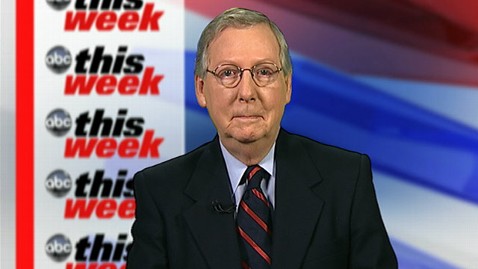WASHINGTON: US President Barack Obama is poised to nominate Chuck Hagel as his new defence secretary on Monday, but Republicans are signalling a fierce confirmation fight even though he is one of their own.
Obama has decided he wants the 66-year-old former Republican senator to succeed Leon Panetta at the Pentagon and will make his announcement on Monday, an administration source told AFP, confirming US media reports.
Obama is also expected to announce who he has chosen to replace David Petraeus at the helm of the CIA, with acting director Michael Morell and counter-terrorism adviser John Brennan seen as the frontrunners, CNN said.
Despite the fact that Hagel is a fellow Republican, party heavyweights scenting blood in bitterly-divided Washington have accused him of hostility toward Israel and naivety on Iran, auguring a tough nomination process ahead.
The top Republican in the Senate, Mitch McConnell, praised Hagel when he left his Nebraska seat in 2009 for his "clear voice and stature on national security and foreign policy," but his tone was markedly different on Sunday.
"He ought to be given a fair hearing like any other nominee, and he will be," McConnell told ABC. "I'm going to wait and see how the hearings go and whether Chuck's views square with the job he would be nominated to do."
But over on CNN, leading Republican Senator Lindsey Graham did not shy away from a full-frontal attack, saying Hagel would be "the most antagonistic defence secretary towards the state of Israel in our nation's history.
"Not only has he said you should directly negotiate with Iran, sanctions won't work, that Israel must negotiate with Hamas, an organisation, terrorist group, that lobs thousands of rockets into Israel.
"He also was one of 12 senators who refused to sign a letter to the European Union trying to designate Hezbollah as a terrorist organisation," Graham said.
Hagel would be an "in-your-face" and "incredibly controversial choice" by Obama that would probably represent a "bridge too far" for him and a lot of other Republicans, he said, before adding that the hearings would provide the expected nominee with a chance to "set some of this straight."
Hagel, a decorated Vietnam veteran, is known for a fiercely independent streak and a tendency to speak bluntly. Some Republicans have never forgiven him for his outspoken criticism of ex-president George W. Bush's handling of the Iraq war.
If confirmed by the Senate as Pentagon chief, Hagel will have to manage major cuts to military spending while wrapping up the US war effort in Afghanistan and preparing for worst-case scenarios in Iran or Syria.
Administration appointments are often tense affairs in the United States as the confirmation hearings provide senators with opportunities to turn away unwanted candidates or score cheap political points, or both.
Unyielding opposition from Graham and two other top Republicans, senators Kelly Ayotte and John McCain, last month derailed the ambition of US envoy to the United Nations Susan Rice to become the next secretary of state.
Rice, a longtime member of Obama's inner circle, had been a favourite to succeed Hillary Clinton as the nation's top diplomat.
But her role as administration defender over the attack that killed the US ambassador to Libya in Benghazi on September 11 drew her into a furious row with Republicans keen to dent Obama after his re-election victory.
Rice folded her bid on December 13 and asked Obama not to pick her. A week later the president nominated Senator John Kerry, who is expected to face little Republican resistance, not least because his Senate seat in Massachusetts will now be up for grabs.
Seen as having come off second-best against Obama in the New Year fight over the "fiscal cliff," after being forced to agree to tax hikes on the richest Americans, Republicans appear to be girding for another fight.
However, it is unusual for presidential nominees for cabinet posts to be voted down by the Senate, and Obama's Democrats currently hold the potentially decisive majority in the upper house.
Should Republicans choose to use an obstructive tactic known as the filibuster to prevent the matter from being brought to a vote, Obama would only need to woo a handful of their number to see his nominee confirmed.
- AFP/jc










